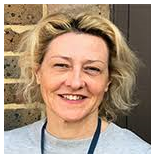
Chief Investigator and Project Leader
Dementia is considered to be young onset when it occurs in people before they reach their 65th birthday. It is estimated that more than 42,000 people have young onset dementia in the UK today. This number is expected to increase by 20% over the next forty years.
Younger people with dementia are often affected by rarer types of dementia that present different symptoms. For instance, they may:
However, many health care professionals may not be aware that dementia can occur in younger people and may not recognise unusual symptoms. As a result, the symptoms are not sufficiently investigated and are often misdiagnosed as depression or anxiety, leading to further delays in diagnosis and getting the help needed.
People with young onset dementia and their families have specific needs, which require suitable services and support after receiving a diagnosis. For example, younger people with dementia may prefer to remain physically active or may wish to continue working.
They may also have important financial commitments or need to care for their children and ageing parents. However, most of the services and support currently available for younger people with dementia and their families / supporters are delivered by services that predominantly care for older people. This can mean that they are unable to meet the individual needs of the younger person and their family.
The ANGELA Project aims to improve diagnosis and post-diagnostic support for younger people with dementia and their families/supporters and comprises the following two work-streams:
For more information, see the ANGELA Project website.
The project was led by Dr Janet Carter, University College London who also led workstream 1 with Professor Jackie Parkes, University of Northampton.
Jan Oyebode, Professor of Dementia Care, Centre for Applied Dementia Studies led workstream 2 on post-diagnostic support.
The project researchers at University of Bradford were Dr Jenny LaFontaine and Dr Vasileios Stamou.
The ANGELA project has grown directly from previous consultations we have had with younger people with dementia and their families and supporters. Additionally, a Patient and Public Involvement reference group has been established specifically for the duration of the project. The PPI group includes people with young onset dementia and family members and supporters. These ‘Experts by Experience’ have been working closely with us to ensure that we use research methods that suit younger people with dementia and will produce useful outcomes.
A Project Steering Committee that includes academic experts in the field of dementia research and younger people with dementia and their supporters, has also been established to provide oversight of the project and act as a ‘critical friend’ in regard to how we do the research and how we ensure it makes a difference. This committee meets regularly throughout the project and reports to the project committee to ensure that all aspects of the study are informed by the ‘voices’ of those who live with young onset dementia and their supporters.


Chief Investigator and Project Leader
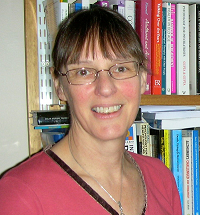
Co-investigator and Lead of work-stream 2
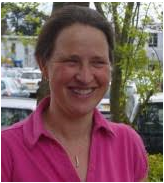
Co-Investigator and Co-lead of work-stream 1

Co-Investigator and Health Economics expert for work-stream 2

Statistics expert for work-stream 1
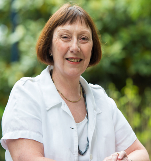
Research Fellow with dedicated input in work-stream 2
Research Fellow with dedicated input in work stream 2
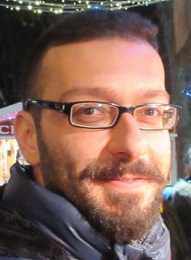
Research Assistant with dedicated input in work stream 2

Research Assistant with dedicated input in work stream 1
We would welcome enquiries if you would like to find out more about the ANGELA Project. Please feel free to send us an email, call or send a text message and we will respond immediately.
For any questions related to work-stream 1 of the ANGELA Project please contact:
Mary O’Malley
Research Assistant
Mary.O'[email protected]
For any questions related to work-stream 2 of the ANGELA Project please contact:
Vasileios Stamou
Research Assistant
[email protected]
Jenny La Fontaine
Research fellow
[email protected]
For more information, visit the ANGELA Project website.